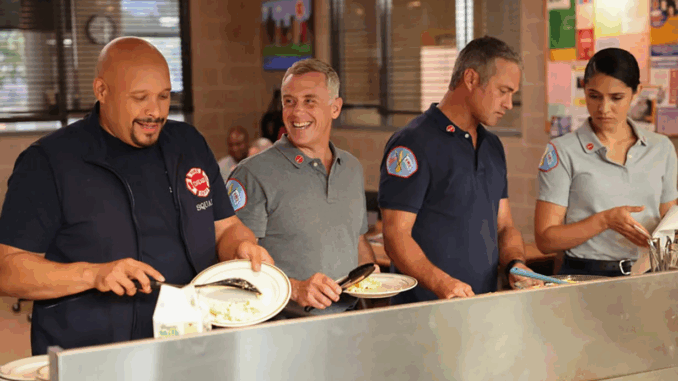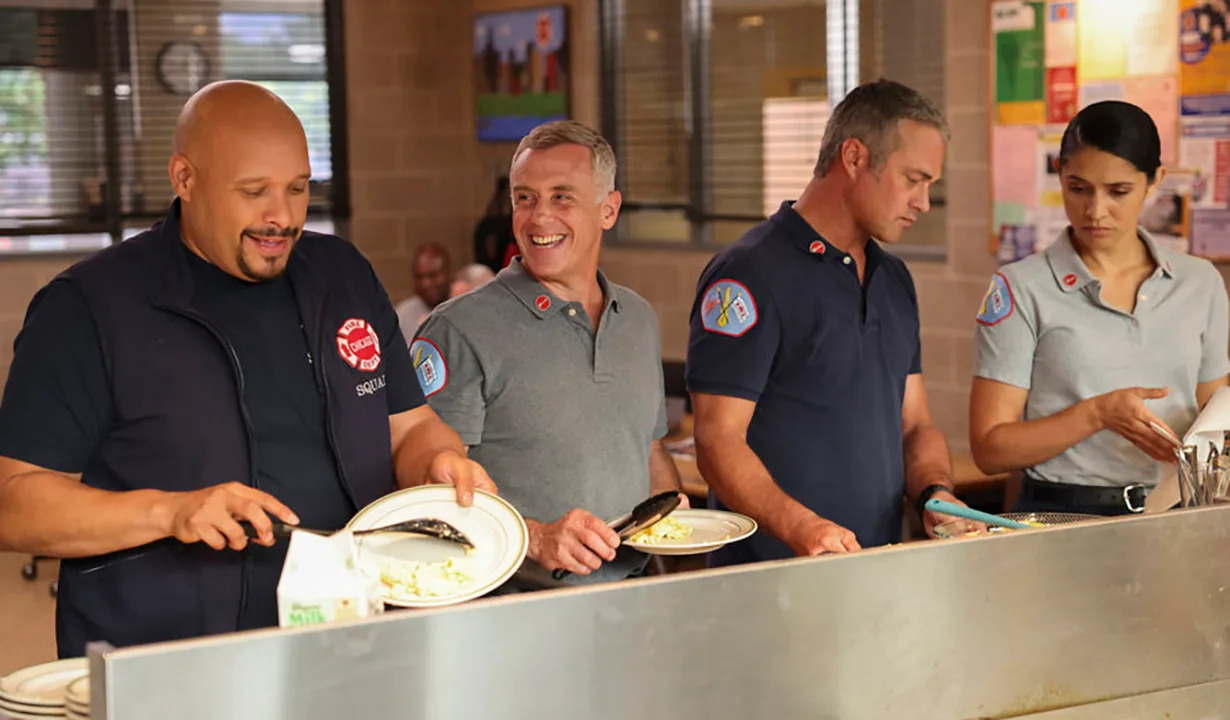
For more than a decade, Chicago Fire has set the gold standard for first responder dramas, with Dick Wolf’s One Chicago franchise praised for its gritty realism and attention to detail. From authentic jargon to consulting with real firefighters, the show goes further than most to honor the job. But according to new series regular Jocelyn Hudon, who plays Paramedic Lizzie Novak, there’s one glaring inaccuracy the show intentionally leans into—and it’s the very thing that makes it so addictive.
“You’re Overreacting”
In promoting season 14, Hudon shared a story from her training with Chicago Fire Department consultants. Their biggest note? Tone down the emotions.
Real-life paramedics and firefighters are trained to remain calm, detached, and efficient under pressure. They don’t fall apart at every emergency—they can’t. “You’re too emotionally involved,” Hudon recounted being told. That detachment is a survival mechanism, enabling first responders to process tragedy without being consumed by it.
But on Chicago Fire, the opposite is true. Every member of Firehouse 51 wears their heart on their sleeve, and Hudon acknowledges that this heightened emotional response isn’t reality—it’s television.
Why TV Needs the Emotion
Authenticity matters, but so does connection. A truly clinical depiction of firehouse life would risk alienating viewers. The heightened emotional reactions are what make audiences lean in, cry, and cheer for their heroes.
-
The Reality: Calm detachment is the rule; compassion is shown through skill and speed, not tears.
-
The TV Necessity: Characters like Stella Kidd, Joe Cruz, or Violet Mikami must show their heartbreak, fear, or joy so the audience can feel it too.
It’s not about accuracy—it’s about empathy. And in Chicago Fire, empathy is the currency that makes the drama burn so brightly.
The Great Inaccuracy: Empathy on Display
That exaggeration, Hudon argues, is a gift. Watching Herrmann fret like a father or Chief Boden take a tragedy personally validates the suffering of the victims on-screen—and by extension, viewers at home.
-
Validation: When the crew invests emotionally, it assures us the pain we witness matters.
-
Comfort: Heroes who care deeply make the world feel safer, even if the realism is stretched.
-
High Stakes: Every fire, crash, or rescue feels like life or death because the characters treat it as such.
The result? A workplace drama that doesn’t just simulate emergencies, but immerses us in them emotionally.
Respecting the Real While Feeding the Drama
Despite this one creative liberty, Chicago Fire is still one of TV’s most authentic procedurals. Its firefighting protocols, terminology, and set designs are widely praised for their realism. The show walks a careful line: dramatizing emotions while respecting the real-world courage of Chicago’s first responders.
Hudon’s anecdote about being “too emotional” isn’t a critique of the show—it’s a celebration of what makes it special. As season 14 begins, Novak and her colleagues will no doubt continue to overreact in the best possible way, reminding us that while the details make the show authentic, the heart makes it unforgettable.

